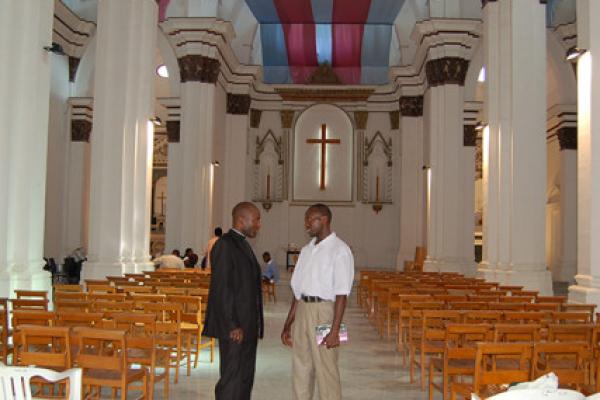Church leaders in Libya remain hopeful that Christians in the mostly Muslim country will be allowed to practice their faith, even as the country appears to be moving towards Shariah law.
In December, Libya’s General National Congress voted to make Shariah the source of all legislation and institutions. The vote came amid international concerns over the diminishing Christian populations in North Africa and the Middle East, and increased Islamist influence in countries engulfed by the Arab Spring revolution.
Libya has undergone a two-year transition since 2011 when demonstrations toppled Moammar Gadhafi. Before the revolution, Christians were granted religious freedom, but with the change of power, they have been arbitrarily arrested, attacked, killed, and forced by the Islamist groups to convert to Islam.
Read the Full Article

